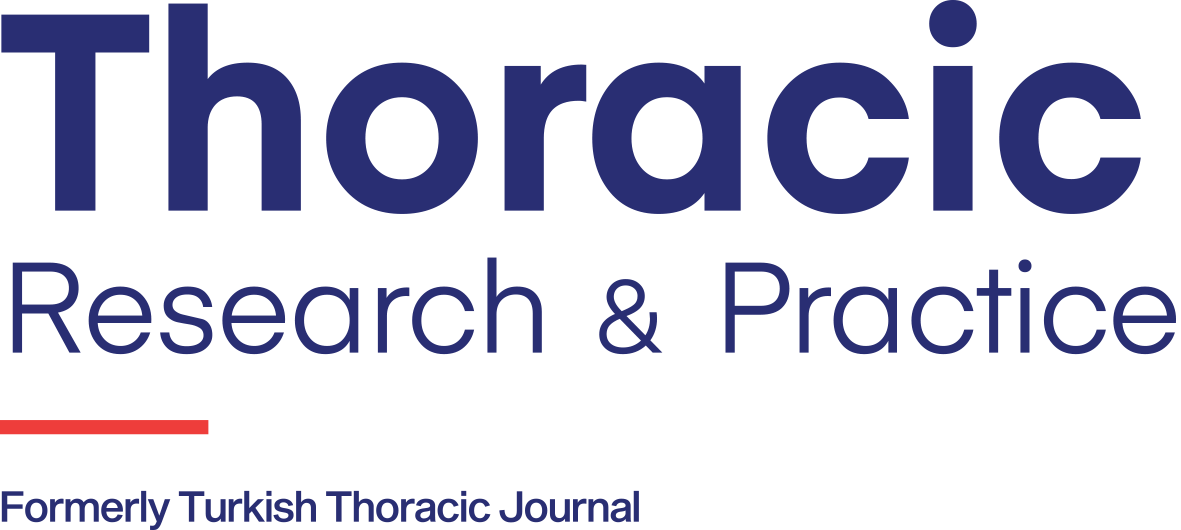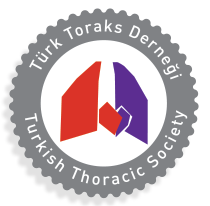Abstract
Abstract
A patient’s nutritional status is often determined with objective data including biochemical parameters and anthropometric measurements. There is no single measurement that can reliably predict the risk for malnutrition. Subjective global assessment (SGA) is a clinical assessment that includes a physical examination, a history of dietary intake and gastrointestinal symptoms, the patient’s disease state, as well as his or her functional status. Several studies have shown that use of SGA is beneficial in assessing the nutritional status in patients with renal failure and malignancy. Determining the presence of malnutrition is crucial in patients with chronic obstructive pulmonary disorder (COPD) owing to the poor pulmonary function and increased mortality related with malnutrition. Therefore, we aimed to determine whether SGA could be a useful test to reveal the nutritional status in patients with COPD. Thirty-five patients with COPD were included to our study. Pulmonary function tests, measurements for body mass index (BMI), triceps skinfold, and midupper arm circumference; as well as levels of serum albumin, prealbumin, cholesterol, triglyceride, phosphorus, and hemoglobin were determined in all subjects. Of all the patients, 46% were malnourished (BMI < 20 kg/m2) according to BMI; 71% of the patients were well nourished, 20% were considered as having well-to-moderate nourished, and 9% of the patients had severe malnutrition according to SGA. SGA was negatively correlated with serum prealbumin, FEV1, and DLCO which suggests that SGA may be a useful method to assess nutrition status and severity of disease noninvasively. Further studies needed to reveal relation between the severity of the COPD and SGA.



